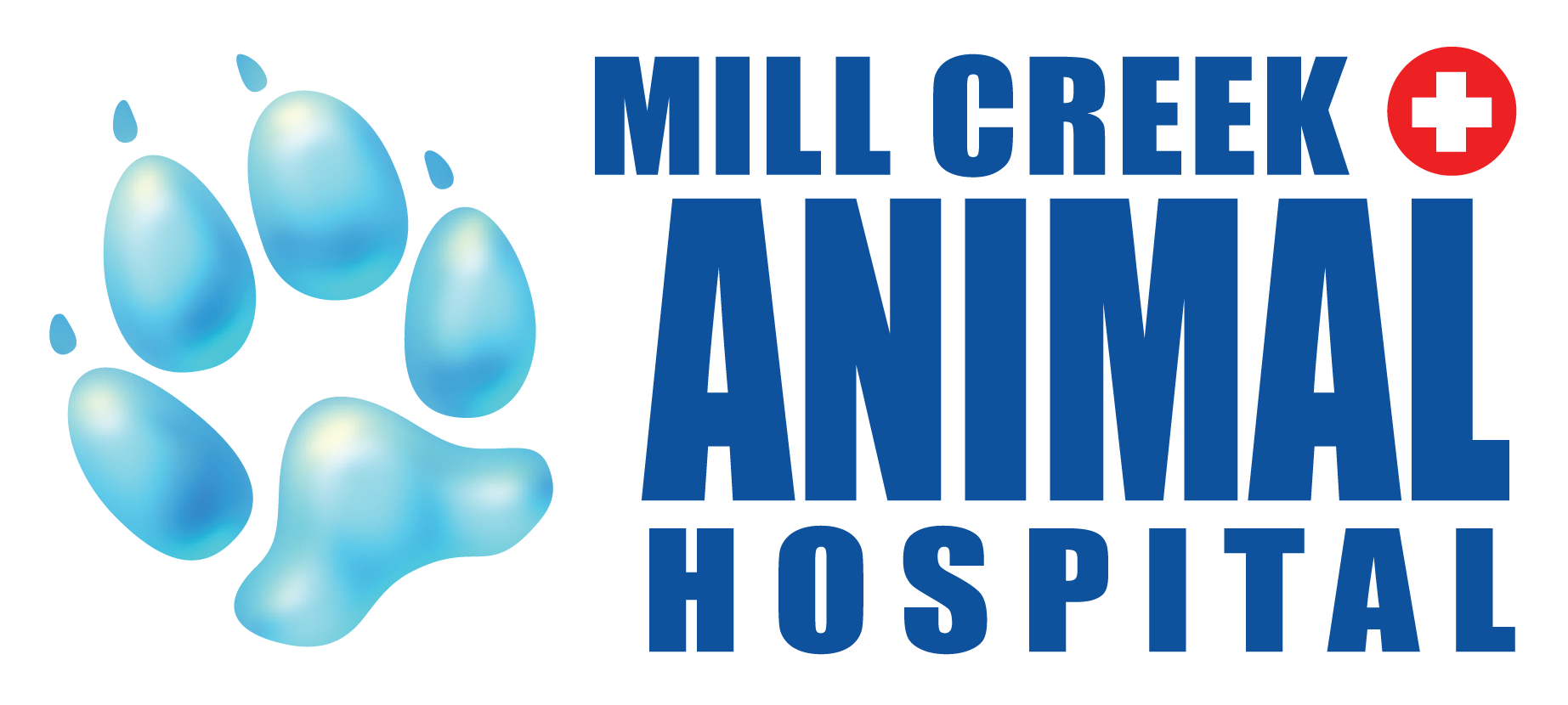Summer is finally here in Edmonton! But it isn’t always fun in the sun – there are a few summer hazards that we need to be extra diligent about when it comes to our pets.
Heat Stroke
Pets are susceptible to heat stroke too! Keep the temperature in mind when leaving your pet for the day – be sure they have somewhere to go to cool off. Never leave pets in a parked car as temperatures climb exponentially and can have serious and potentially lethal effects on the animal. Some ideas to help your pet beat the heat include freezing toys in blocks of ice and getting a kiddie pool!
Porcupine Quills
Dogs and their curiosity and need to chase things can often get them into trouble. A prime example of this is getting quilled by a porcupine! This is relatively common through the summer months. If your pet has an encounter with a porcupine, get to the vet ASAP! In order to ensure we get each and every quill out of the dog, they need to be sedated and monitored by the veterinary team. If a quill is missed, there is a risk of infection, abscess formation and migration of the quill.
Bee Stings
Just like humans, dogs can have allergic reactions to bee stings and wasp bites. Signs of this may include swollen face/muzzle, red eyes, hives or even trouble breathing. If your dog is showing any of these signs get them to your veterinarian immediately.
Summer Time Foods
Summer is the time to fire up the barbeque -but be careful with what your pet is stealing off your plate! Food such as bones and corn cobs can cause serious gastrointestinal effects! Sometimes, these items can even cause obstruction or perforation of the gastrointestinal tract.
Fertilizers
Fertilizers and other chemicals can be very toxic to pets. Signs of toxicity include vomiting, diarrhea, inappetence and skin irritation. Be sure to keep pets away from these items and if you suspect your pet may have gotten into anything, get them to the vet ASAP! If you know what product your pet got into, bring the box with you to your vet – this can help in the diagnosis and treatment of your animal.
Mushrooms
Unless you are a mushroom expert, it is tough to tell the good from the bad mushrooms! To be safe, it is recommended to keep pets away from unknown mushrooms and plants. Some signs of toxicity include vomiting, diarrhea and even neurological signs such as seizures.
It is always better to be safe rather than sorry. If you suspect your pet has been affected by any of the above, contact your veterinarian immediately!
Not sure what is poisonous to your pet? Try checking out the Pet Poison Hotline at https://www.petpoisonhelpline.com/



